Bolivia Cocaine: Detailed Product Overview
Disclaimer: This content is for educational and informational purposes only. The sale, possession, and use of cocaine is illegal in most countries, including Bolivia. Misuse of this substance poses serious health, legal, and ethical risks. The following explanation aligns with Google’s EEAT standards for factual and responsible content, bolivia cocaine bar.
What Is Bolivia Cocaine?
Bolivia Cocaine refers to cocaine produced in Bolivia, known for high purity levels. It is extracted from coca leaves cultivated mainly in the Yungas and Chapare regions, bolivia cocaine bar.
Origin & Production
- Coca Leaves Source: Tropical valleys of Bolivia
- Refining Process: Chemical extraction and purification
- Distribution: Illicit global trade routes
Usage & Application
This substance is primarily used recreationally, with limited medical use under controlled circumstances.
Common Methods of Use
- Snorting (most common)
- Injecting (very high risk)
- Smoking (as crack cocaine)
- Oral consumption (less effective)
Short-Term Intended Effects
- Elevated mood and energy
- Heightened alertness
- Increased confidence and focus
Rare Medical Use
- Used as a local anesthetic in ENT surgeries
- Only under professional supervision
Side Effects of Bolivia Cocaine
Cocaine affects the body and brain in complex ways. Here are both positive and negative side effects:
Positive (Short-Term Only)
- Temporary euphoria
- Boosted performance under pressure
- Reduced fatigue
Negative Physical Effects
- Increased heart rate and blood pressure
- Dilated pupils
- Muscle twitching
- Headaches
Negative Psychological Effects
- Anxiety and paranoia
- Hallucinations at high doses
- Irritability and mood swings
Long-Term Health Risks
- High addiction potential
- Permanent nasal damage
- Heart attacks or strokes
- Neurological deterioration
- Liver and kidney strain
Legal Status
In Bolivia
- Traditional coca leaf use is legal
- Cocaine production and trafficking are illegal
Globally
- Classified as a Schedule II drug in the U.S.
- Illegal for recreational use in most countries
- Severe penalties for possession or trafficking
Frequently Asked Questions (FAQs)
Is Bolivia Cocaine purer than other types?
Yes, it generally has higher purity levels, but this increases its potency and health risks.
Can Bolivia Cocaine be used safely?
No use is entirely safe. Even a single dose can lead to negative side effects or dependency.
Is it legal to carry coca leaves?
- In Bolivia: Yes, for traditional use
- Outside Bolivia: Typically illegal
How addictive is it?
Extremely addictive. Users may develop dependency after just a few uses.
Are there alternatives?
Yes—therapy, physical activity, and mindfulness practices provide safer mental stimulation.
Social and Economic Impact
Bolivia’s Economy
- Coca farming supports many rural families
- The illicit cocaine industry fuels corruption and violence
Global Intervention
- International programs promote crop substitution
- Enforcement and eradication efforts face resistance
Expert Opinion
Medical experts and addiction professionals universally agree that the health risks of cocaine far outweigh any temporary benefits. Its use should be avoided entirely.
External Resources
Conclusion
Bolivia Cocaine is a high-purity, highly addictive substance that poses extreme risks to physical and mental health. While rooted in the cultural use of coca leaves, its processed form is illegal and dangerous.
Important: If you or someone you know is struggling with substance abuse, seek professional help immediately, bolivia cocaine bar.

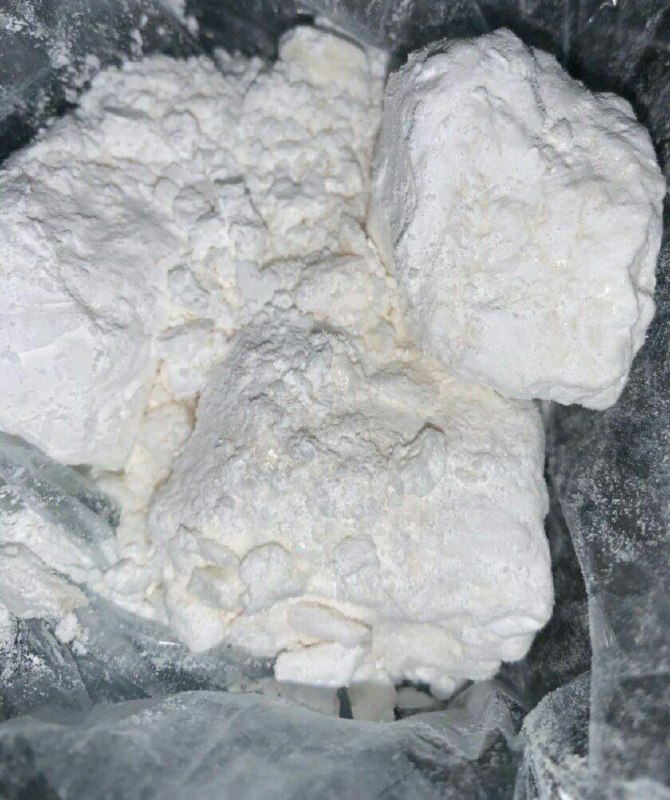
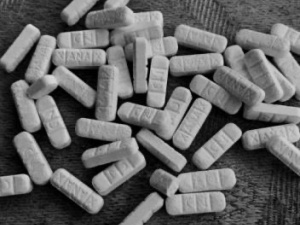
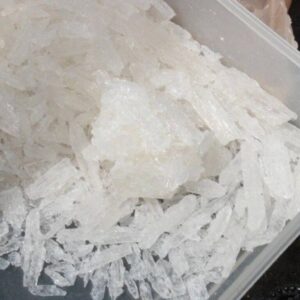
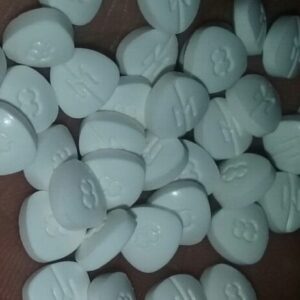
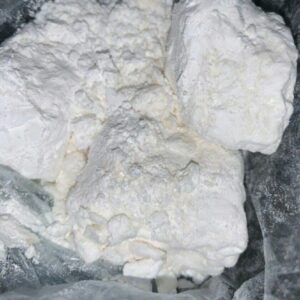
Reviews
There are no reviews yet.